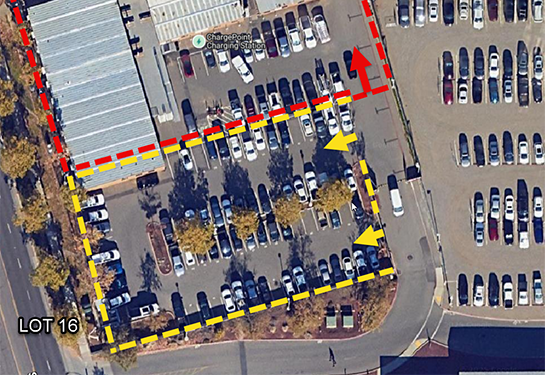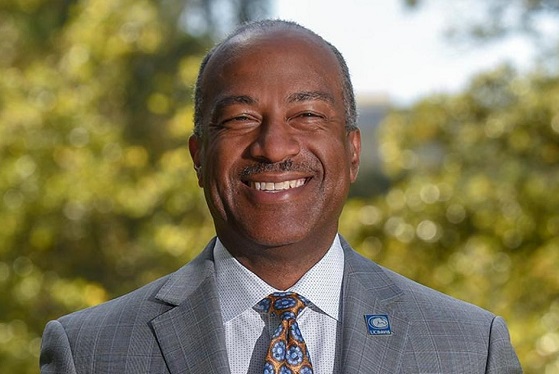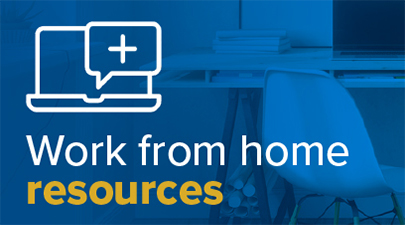Ukraine: Coping skills that we can all use
The horrors of the Russian invasion of Ukraine resonate deeply with us all. While these events are geographically far away, they are emotionally here with us – both in what see on the news and in close connections for many of our friends and colleagues. Almost all of us feel helpless and uncertain about what to do.
The pictures and stories brought to us in real-time by an astonishingly brave group of journalists and citizen reporters are all too real. The real-time death and devastation we see on our screens, as a valiant civilian population resists takeover and is murdered, are all too clear. We are watching as modern cities and real lives are destroyed on a daily, even hourly, basis.
We know people need medical care, food, and basic necessities – and these are things we provide here on a daily basis. Naturally, many people are asking: How can we help? Others, impacted by the loss of family (on both sides) or because of prior emotional trauma are also asking: How can we cope?
There is help and support for us here at UC Davis Health.
Dr. Carol Kirshnit, Director of the Academic and Staff Assistance Program (ASAP), spoke to me about how the recent invasion of Ukraine has sent waves of fear, anger, and sadness throughout our community and the world. She said “Many of us here at UC Davis have friends and family in Eastern Europe and are feeling the impact of this devastating violence on a deep and personal level. Our teams would like to help.”
We have heard from colleagues with family, both in Ukraine and Russia, about deaths of their loved ones and uncertainty about the future of other family members. We are hurting not only for Ukrainians, but also for Russians here and abroad whose calls and demonstrations for peace are met with violence.
The Insider (see the link below) has details about how you can connect with coping resources. These include ASAP, the UC Davis Health Chaplaincy, and the Support U Peer Responders program. Each of these groups are collaborating to offer supportive group spaces for people to come together and talk about how the war is affecting them, share strategies for coping, and identify ways to respond that are positive, practical, and effective.
There will be two live support group options on Tuesday (3/8) and Thursday (3/10), 12-1 p.m., in NAOB 1001 this week, as well as two additional Zoom drop-in groups (Wednesday (3/9), 3-4 p.m., and Monday (3/14) from 8-9 a.m.). Check the Insider here for more information and links.
Dr Kirshnit continued: “All members of the campus community are welcome to participate. Additional meeting times will be scheduled depending on the demand.” There are also several messages from our leadership about the Ukraine situation which you can read here:
https://leadership.ucdavis.edu/news/messages/chancellor-messages/chancellors-statement-on-ukraine
https://globalaffairs.ucdavis.edu/announcements/message-about-conflict-in-ukraine-february-2022
https://health.ucdavis.edu/diversity-inclusion/
As Chief Wellness Officer, I’d like to share some simple ways of coping with these painful developments, especially if you have constant thoughts about it that are intrusive. I suggest the following three approaches:
1. Do something to help. Most of us are able to donate money or clothes. Reach out to those who you think may be particularly affected and ask what they need. (It may just be a friend to listen.) Or we can sign a petition, put a group of friends together to raise awareness, or become advocates for change. If you search online for “how to help Ukraine,” you will find dozens of ways you can help. In situations this big, nothing is too small. And doing something will help you feel better.
2. Talk to people. Talking about your concerns can help you work through your distress and likely obtain a clearer perspective. A problem shared is a problem halved. Don’t be afraid to bring this up at work meetings. If you are a manager, this topic may be something to check-in with your team members about, and see how your team members are feeling. Do others need your assistance in coping, finding resources, or just talking about it?
3. Switch off and give yourself breaks. Don’t watch or listen to the news all the time. Give yourself some solid breaks of several hours or more to clear your head. Concentrate on your work, or a hobby, or just go for a walk and be in the moment with no electronic gadgets.
The tragedy of Ukraine is going to be with us for a long time, even if hostilities were to end today. And there is a large-scale humanitarian crisis that is yet to come. We will all need to support each other to get through these situations.
As we come out of the pandemic, we must keep focused on how we help others, and take time to look after ourselves, our loved ones, our community and our friends. Coming so closely on the heels of this 2-year pandemic, many people may not be emotionally ready for these events, or what is still to come. We will all need to show kindness and compassion to each other, and try to prevent excessive adverse consequences as we face another awful disaster.
This article originally appeared as an email from Dr. Peter Yellowlees.





